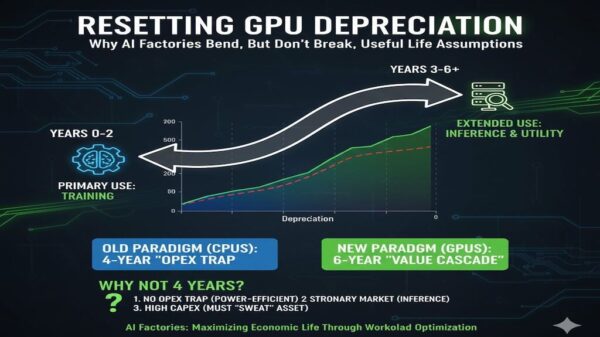UPDATE: In a groundbreaking development, the ecommerce sector is witnessing a seismic shift with the rise of agentic commerce. Autonomous AI agents are now capable of making decisions and executing transactions without human input, reshaping how consumers shop online.
Just announced by Digital Commerce 360, this new paradigm is essential for retailers to understand as consumer behaviors evolve rapidly. The July 2025 analysis reveals a tiered framework of AI capabilities, from basic chatbots to fully autonomous shopping proxies. This shift is critical as businesses race to adapt to a landscape where milliseconds can dictate market share and competition.
At the forefront of this transformation, AI-driven traffic to U.S. retail sites surged by 4,700% year-over-year, indicating a significant shift in the industry. The report highlights varying levels of agentic capabilities, with most current implementations stuck at Levels 1 and 2. For instance, platforms like OpenAI’s ChatGPT handle massive volumes of inquiries but still require user confirmations, placing them at Level 1.5.
As the report underscores, leading firms like Amazon are already embedding AI agents into their platforms, utilizing tools like Alexa to enhance customer experiences with predictive buying capabilities. Industry experts warn that if retailers do not prepare for this shift, they risk becoming obsolete in agent-driven marketplaces.
The implications are staggering. According to a report by McKinsey, agentic systems could generate up to $3-5 trillion in value by 2030, underscoring the urgency for businesses to adapt or face marginalization. This alarming forecast emphasizes the need for merchants to implement structured data and APIs to optimize for AI agents.
The competitive landscape is rapidly changing, with innovative solutions like Salesforce’s Agentforce Commerce claiming Level 2 autonomy, managing end-to-end customer journeys. Meanwhile, emerging technologies promise to push the envelope further, with reports of crypto-AI hybrids enabling autonomous trading.
As consumer expectations evolve, AI agents are anticipated to become personal shoppers by 2026, fundamentally altering the ecommerce experience. Retailers are already experiencing reduced cart abandonment rates through early adoption of AI-driven strategies.
Next Steps: Merchants must act swiftly to harness these technologies, as BCG warns of the dangers of falling behind. The clock is ticking, and the transition to agentic commerce is underway. Retailers must prioritize trust, privacy, and seamless user experiences to thrive in this new environment.
In summary, the ecommerce landscape is changing at an unprecedented pace, driven by advancements in AI. With the potential for trillions in value, businesses that fail to adapt may find themselves left behind. As the industry navigates these transformative waters, the focus on agentic commerce will only grow stronger. Stay tuned for further developments in this rapidly evolving story.








































































